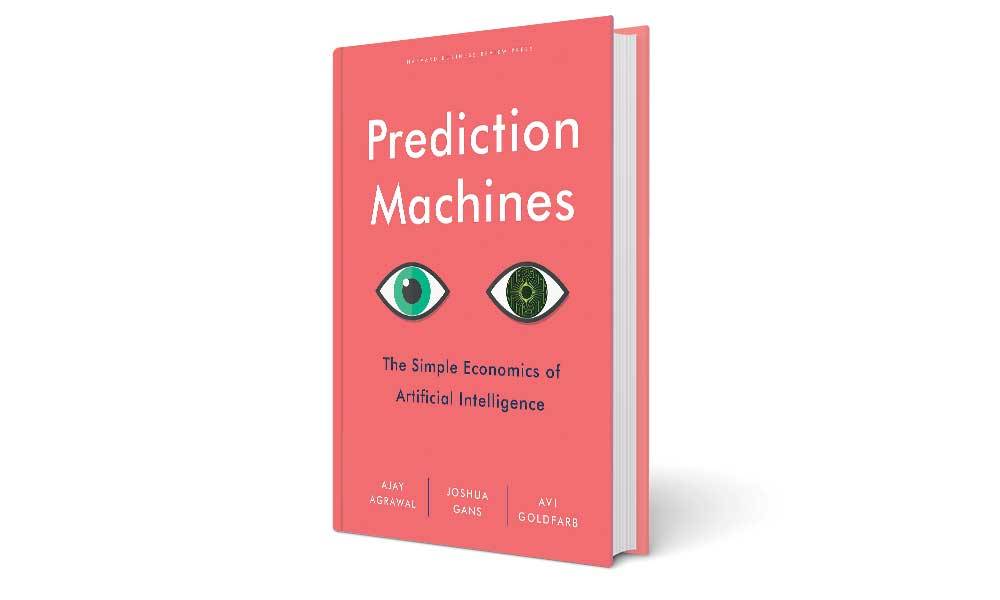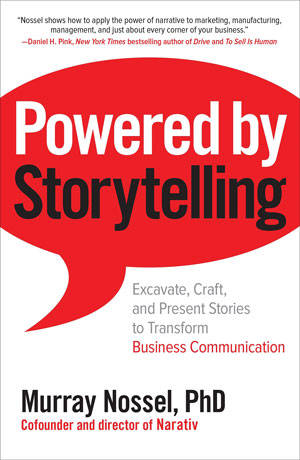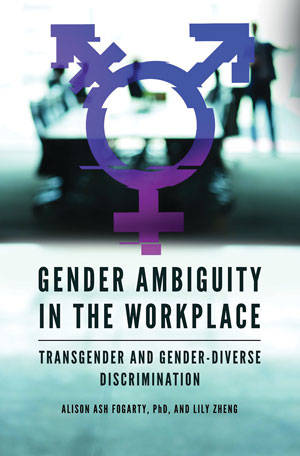
Books: AI Strategy
In their book Prediction Machines: The Simple Economics of Artificial Intelligence, authors Ajay Agrawal, Joshua Gans, and Avi Goldfarb bring up the business case for artificial intelligence.
Prediction Machines: The Simple Economics of Artificial Intelligence
By Ajay Agrawal, Joshua Gans, and Avi Goldfarb; Harvard Business Review Press; 256 pages; $30
If you’re among the many leaders unclear whether artificial intelligence will make your job easier or your association stronger, consider picking up Prediction Machines: The Simple Economics of Artificial Intelligence. It’s a surprisingly readable manual that may guide even skeptics to the “a-ha” moment of affirmation.
Minimizing the techy aspects of AI in favor of something every business understands—economics—authors Ajay Agrawal, Joshua Gans, and Avi Goldfarb detail how AI reduces uncertainty, improving the quality and pace of prediction and ultimately human decision-making and judgment.
“The new and poorly understood implications of advances in prediction technology can be combined with the old and well-understood logic of decision theory from economics to deliver a series of insights that help navigate your organization’s approach to AI,” they write.
In that construct, no single AI strategy is “right,” and tradeoffs such as more data but less privacy are inevitable. Only an association’s leaders can weigh that pro-con and determine what AI tools—most of which perform one specific task but may disrupt others—best align with the organization’s mission and when they inspire a fundamental change in strategy.
The authors conclude their lesson on prediction machines by forecasting how AI will likely affect society, from job transformation to global competitiveness to widened inequality.
Not only will you finally get the promise and relevance of AI, you’ll be saying, “Bring it on.”

Powered by Storytelling: Excavate, Craft, and Present Stories to Transform Business Communication
By Murray Nossel; McGraw Hill Education; 256 pages; $25
Murray Nossel, an Oscar-nominated filmmaker and Columbia University instructor, laments the current state of business communications. Drowning in analytics, organizations underestimate the “reciprocal relationship between listening and telling,” he writes.
Nossel introduces a strategic methodology called Narativ, used in business schools and by clients such as Twitter and Chanel. Among its tactics are creating a “universal story” that touches and teaches, segmenting stories for target audiences, and building a storytelling culture to achieve business goals.
Many instructions seem simple: “tell what happened,” “release obstacles to listening,” and “remember your heritage.” But in group execution, organizations can find the process emotional and challenging for employees. Nosell reassures that groups working through such discomfort often generate the best payoffs.
A hands-on skills builder combining emotional intelligence with pragmatism.

Gender Ambiguity in the Workplace: Transgender and Gender-Diverse Discrimination
By Allison Ash Fogarty and Lily Zheng; Praeger; 192 pages; $37
Sociologist Allison Ash Fogarty teams with Lily Zheng, a researcher in Stanford University’s Diversity and First- Generation Office, to educate talent-hungry organizations on the discrimination and misunderstandings faced by workers who fall under the umbrella term “transgender.” It’s a stark reality for this cohort, filled with workarounds, secrecy, courage, and pain.
Nonprofits aren’t exempt from their scrutiny. Among the 25 narratives are disturbing tales of nonprofit managers and HR staff engaging in harassment, barrier-setting, and fear-mongering. But Fogarty and Zheng voice optimism, too. Noting the wasted skills of this often underused and underemployed workforce, the authors advise CEOs, supervisors, and HR teams on their vital roles in creating inclusive environments.
A blunt primer and call to action for leaders serious about recruiting and retaining diverse talent.






Comments